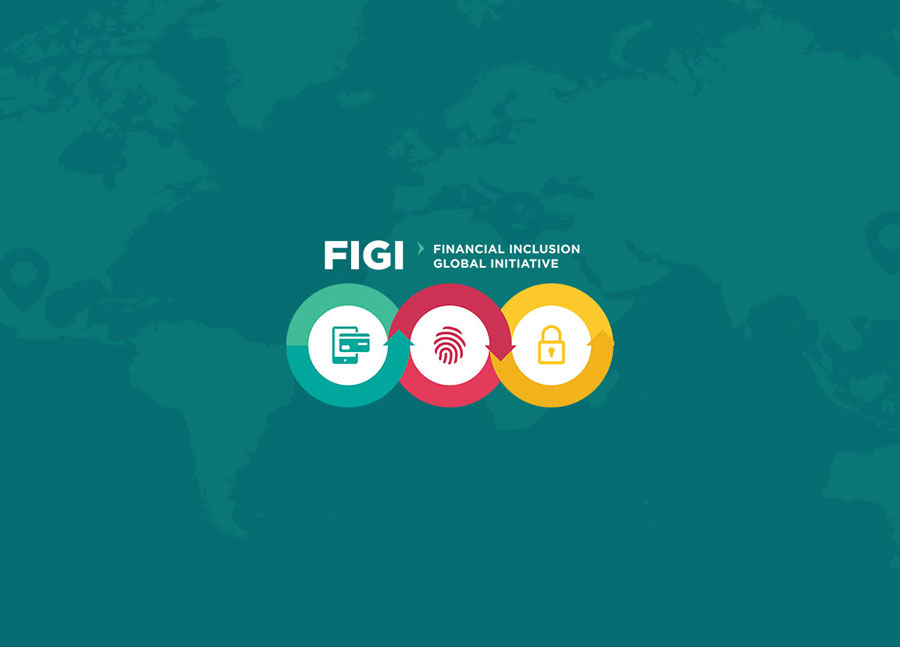
Access to effective financial consumer complaint handling mechanisms is as an essential element of an effective financial consumer protection framework. Accessibility of financial consumer alternative dispute resolution (ADR) has several practical aspects, including that ADR should be well-known and easy to access and use for consumers. Technology can assist in overcoming obstacles to accessibility, such as physical distance and remoteness and, as shown during the COVID-19 pandemic, and enhance ADR’s effectiveness, including improving user-friendliness of complaint capture and processing. This session will explore practical experiences from several ADR schemes and emerging approaches for leveraging technology to enhance accessibility and effectiveness of ADR.
The session will explore how AI and big data technologies are creating opportunities for financial inclusion while requiring readiness to address the privacy and security risks that accompany them. AI and big data are employed to reduce risk through improved customer identification and predictive analytics, resulting in lower non-performing loan (NPL) rates. Accuracy, bias and challenges of explainability of algorithms pose additional challenges, particularly in automated decision making. The innovative approaches implemented by providers through privacy enhancing technologies and machine learning to address these concerns will be discussed.
Related FIGI SIT Working Group report: Big data, Machine learning, Consumer protection and Privacy









